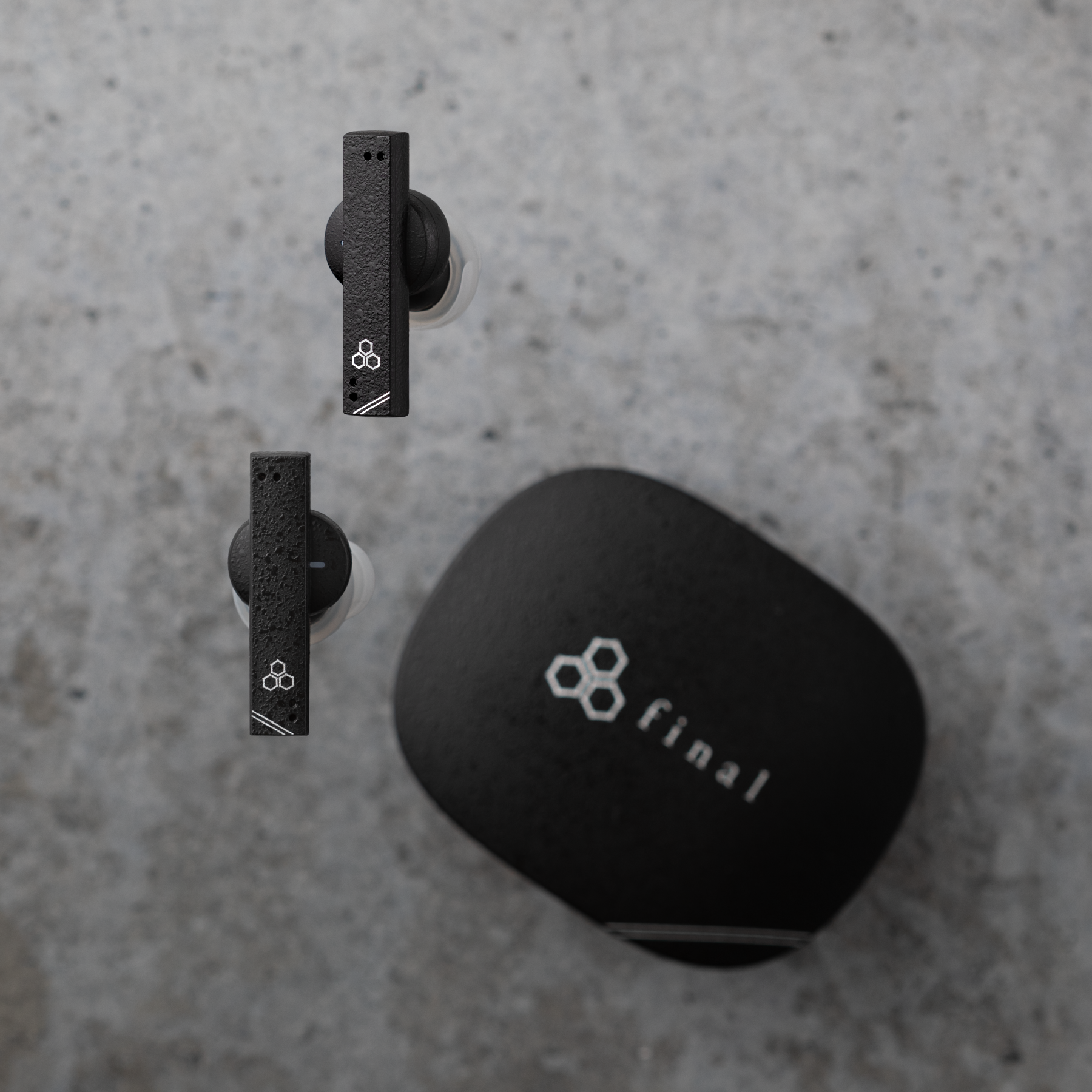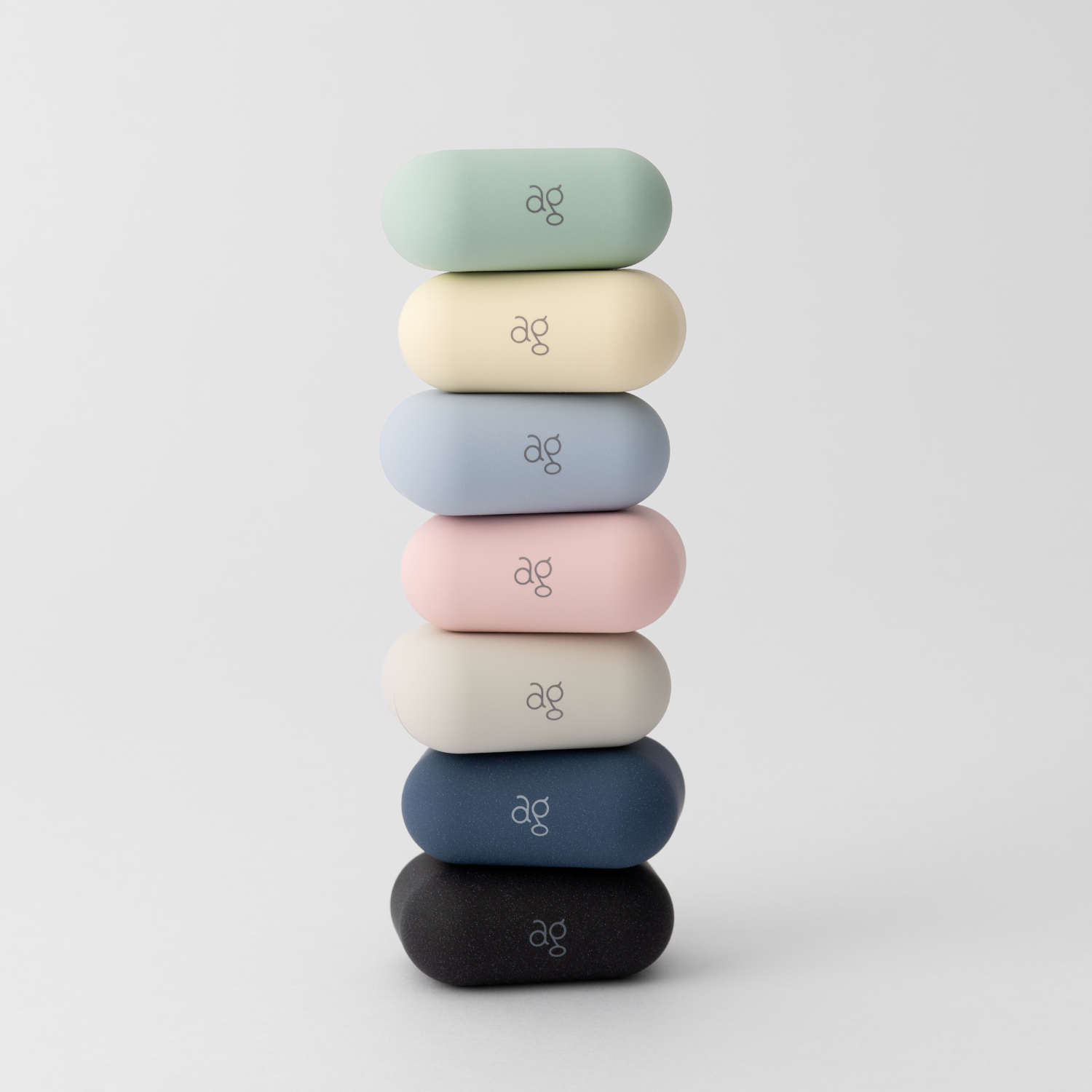This is a plan to invite people who are active in various fields related to sound and talk about various themes about "sound" by our chief scientist.
The first time, we talked to Dr. Kazuhiko Kawahara of the Kyushu University Graduate School of Arts and Engineering, which FINAL is currently conducting joint research. I wrote the text as it was, so I think there is something difficult to read, but I think that you can feel the words of the speaker from the text.
I will share the story that I heard for about 4 hours into the main items. Part 7 (last) is "what we aim for in the future".
Kyushu University Graduate School of Arts and Engineering Dr. Kazuhiko Kawahara
・ What we aim for in the future
・ What we aim for in the future
Hamasaki: It's been a long time, but in the future, Mr. Kawahara is an education that is envisioning, research, or wants to realize such a thing in the future, or this area is still here. I have no experience, so what do you want to start?
Kawahara: I was doing a hits, but several times a year, I decided to make an opportunity to think what the goal was doing for. If I wrote it shortly that I would like to do this, I can be happy there, like an acoustic equipment related to public spaces. Happy is probably a very large -scale calculation, but for those who are there, it is done without being aware of the technology as it is natural to be comfortable. I think it's there. Hi-Fi audio and audio as a hobby are listening points. I want to use a speaker to design the sound place, and that's fine with multiple speakers. When you design a place of sound, especially in public space. So maybe it's close to something like sound installation. It's like Brian Eino was doing it in the 90's. I happened to have a chance to listen to that, so I think it might be impressive. It's a public space. I want to increase the value of the sound of such places, such as commercial space, space where you eat rice, station or airport. Especially in restaurants, not only the rice you eat, but also for dinner, it is difficult to talk well, but the content of the conversation, the conversation cannot be heard, or the other sound, it interferes with our conversation. I want to be like paying for the space together with not. Pay money and eat at this store, do something here, because it is easy to talk to this place, it is easy to talk, or in the sense of sound. I hope that it would be nice to be able to propose something from a specialty of signal processing or acoustic equipment in a good place. To that end, you will surely have to increase the number of people who think that space is soundly comfortable, so you will return to education. I wondered if I was aiming for this. I wonder if this will happen if I extract places I am interested in.
Hamasaki: Thank you. It's not the end, but I really wanted to say this, but I didn't ask me. Or, we have been talking a lot at a company called FINAL, so you understand what we are doing. About the product. If you just want to say this to FINAL, by all means.
Kawahara: In that sense, I think it looks like a keyword in this interview. Even those who buy products related to products and audio have to train themselves. I wanted to do something good to train, while preparing for this. Then, for example, in the case of FINAL, the earphones that fit you are obtained, the ability to choose, for example, what I wanted to say, when I bought a car, would I look into it? I don't look as if I buy such a car, but when I buy an earphone, if I look at this handbook, I can understand the tips to choose. You should listen to your favorite music and choose. I think that's fine. For example, if you like music, why not choose an earphone that can hear the song cool? So I'm in trouble if my favorite song is competing too much, but if my favorite music is an earphone that can be listened to me comfortably, it's not a expensive cheap cheaper. mosquito? You can choose. I remembered. What I always say. Probably, I think the consumer audio was a good or bad conflict. Which is good? Like. Probably, I think a paradigm shift must occur. Maybe it will change to such a axis, whether you like or not, or whether it is suitable or not suitable. It's almost the solution of Hi-Fi in the sense of good and bad, so for the seasoning of what kind of music you want to listen to, the seasoning, the seasoning, or the adjustment. To. Seasoning is not appropriate. If Hi-Fi can almost achieve it as a tuning, what music can you listen to? What kind of genre do you match? I think it will be an era. At that time, this is the way of selling, or what music you choose, your favorite music, and the music you always listen to. Then, listen to it, listen to A, B and C, and then hear the first one. At that time, there are times when you lower the volume at once and raise it again, but I think that you have to communicate the literacy properly, such as that you can listen to it and choose it. I don't want to, an irresponsible remark, this is. I don't have a subject. I think that educational institutions must work together with the industry -related officials. How about?
Hamasaki: Thank you. I myself came to the work of the music content, so I originally had a strong intention to listen to the sounds I made until a certain era. So, I was asking the playback side to be fidelity, faithful. Right now, I don't know what kind of environment I can hear in my smartphone. Signal processing has created so -called rendering technology, and 3D audio is becoming very common. Then, since I made it like this, I did not listen like this, but I prepared such a material, so I probably need a form like listening to you. Otherwise, it seems that the content cannot be handed down. The idea of MPEG-H and such a encoding is also changing, assuming that, and how to convey the sound is changing. In that sense, you choose yourself, or how listeners listeners independently listen to music. So, it is a time when you can choose what device you choose, what kind of sound you choose, or listen to. But for that, you can't choose without knowing to some extent. So, as you mentioned a little, if you look at it as a guidebook or to study, there is a lot of information in this era. One company called FINAL asks for this interview, unless you usually take this interview, unless you usually take it in Kawara -sensei's class. I have it. I think this content itself will be a material for users to think for themselves, judge some sounds, and listen to their favorite music as you like. So, as you said, I wondered if it was literacy.
Kawahara: I understand Mr. Hamazaki very well. You choose headphones and choose rendering tools. If you think that you are listening with a speaker or listening with earphones, if you think that you are choosing for rendering connections, if you have the ability to render or have literacy, for example, Sunday. The rendering while eating rice in the morning and the way of rendering on the commuter train is different. So, I thought that if I could be aware of such keywords, I would be able to have a more happy listening experience. It is an industry -academia collaboration, or it is a peaceful era so that it can increase the happiness inside, rather than making money while cooperating in various places, so you can enjoy being in Japan in a peaceful era. I think it would be nice to have fun. If you enhance the culture of music power and literacy, it would be richer if you listen to the culture of music in Japan, or if you listen to music. Since concerts in Western European countries may not be everything, it is a country that produced headphones, earphones and walkman, so one hearing that such music will be heard in Japan. I was talking about how to make a style.
Hamasaki: Although the story is not exhausted. I think there is probably Part 2, so I would like to continue to talk again on some occasions. This is 4 hours. Thank you for a long time. It was a really fun time.





